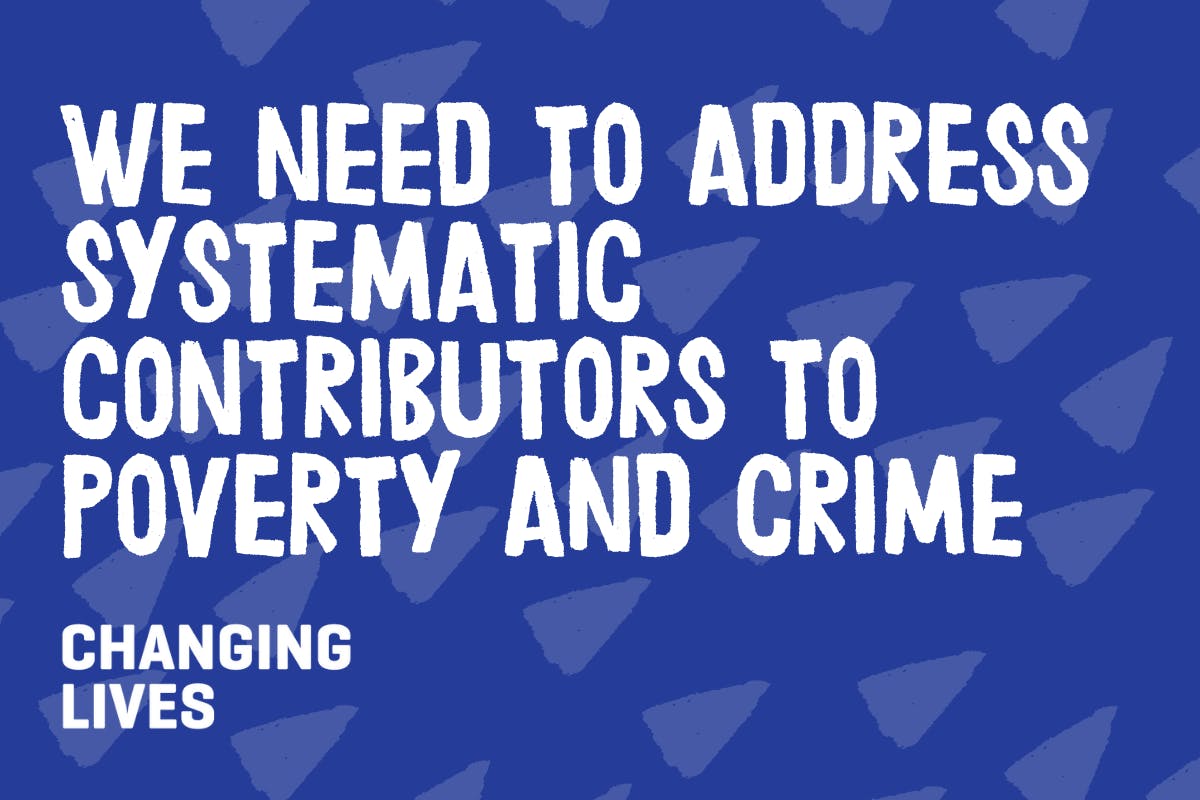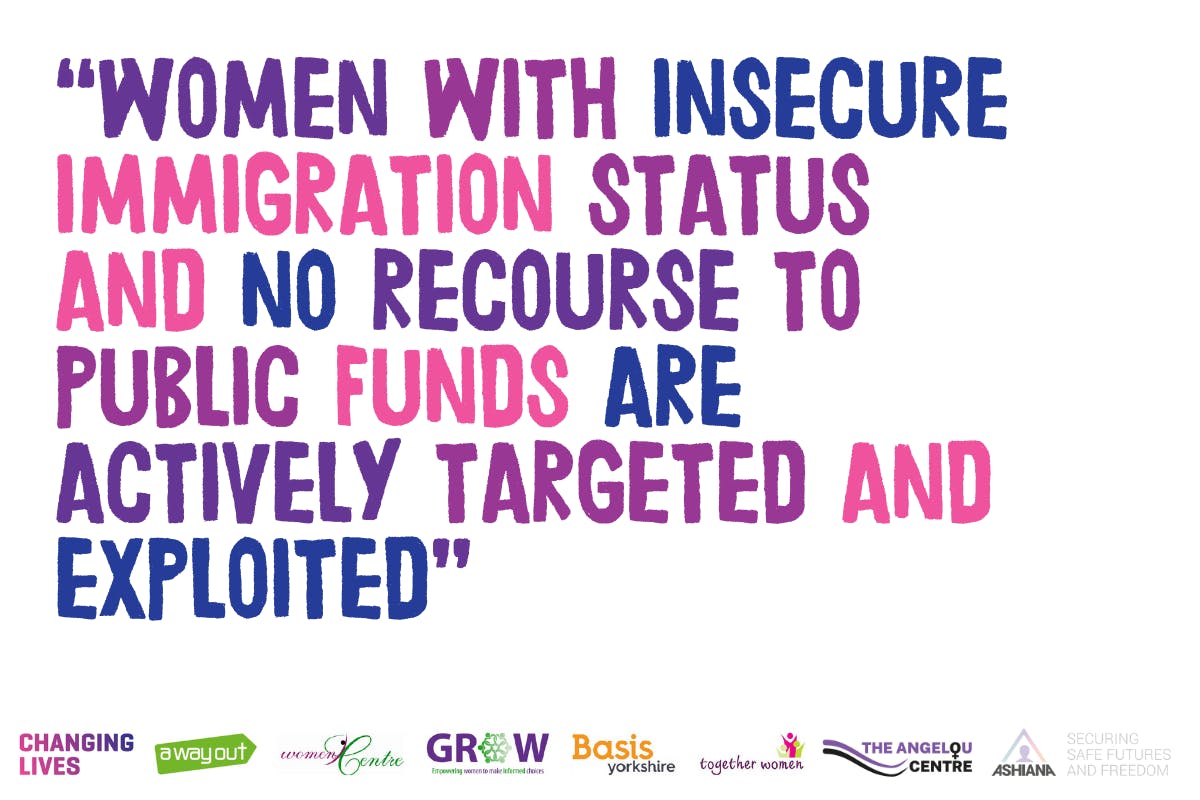Our Policy Manager, Philippa Rousell, responds to the government’s recent announcement on plans to tackle the prison crisis.
For several years politicians from all parties have wanted to be seen as ‘tough on crime’. The government is now facing the consequences of this ‘tough on crime’ rhetoric which has resulted in more people being sent to prison for longer: our prisons are now full. Sentencing is being delayed for people currently on bail in the community because how can judges give people a prison sentence when the prisons have no space for them?
Yesterday the Justice Secretary, Alex Chalk, announced measures that the government plans to take to address the prison population crisis. This will include a presumption against short sentences of less than a year for low-level offences and an early release scheme meaning eligible people will be released on licence up to 18 days before their scheduled release date.
Our current prison crisis isn’t solely a Conservative problem, and neither are the solutions all original Conservative ideas. Back in 2007, a Labour government faced the same problem and came up with similar albeit more expansive solutions to deal with the problem while they waited for more prison places to be built.
It’s about time for action be taken to reduce the number of people sent to prison for low-level crimes. David Gauke attempted to abolish prison sentences under six months in 2019 when he was Justice Secretary, but these plans were reversed shortly after. The evidence shows that, if you want to reduce crime and the number of victims of crime, short prison sentences are not an effective option.
“A short stretch of a few months inside isn’t enough time to rehabilitate criminals, but is more than enough to dislocate them from the family, work and home connections that keep them from crime. Too often, offenders routinely turn back to crime as soon as they walk out of the prison gates.”
Instead, the Justice Secretary has said that people should be given community sentences where they engage in more forms of community payback such as cleaning up graffiti and planting forests. What we haven’t heard about is how they will address the reasons for people’s offending. In our criminal justice services we’re seeing women sentenced for stealing formula and Calpol. And yes, a community or prison sentence for shoplifting means it’s certainly not the first offence, but cleaning up graffiti will not address the fact that parents can’t afford to buy what they need to feed their child or relieve their pain.
These measures, while very much welcomed, are solutions to an immediate crisis but we also need to take a wider look at why people are getting to this point in the criminal justice system. Why are judges having to choose between a community or prison sentence for a mother stealing formula? How many times have our systems failed this mother for her to get to this point?
How long will it be before we end up in this situation again, unless we fundamentally rethink our justice system? We need to radically re-think what we mean by ‘justice’. Many women that we support at Changing Lives have been victims of crimes far more severe than the crime for which they have been sentenced, and it is often that abuse and exploitation which led to their offending. While individual agency and free choice cannot be denied, it is not ‘just’ to hold a person 100% responsible for their actions when a whole host of injustices have led them to this point. Overly punitive measures may right the injustice of the crime, but only add to the wider injustices of a system which is failing the most vulnerable.
A whole-system approach to justice needs to look at what leads people to offend and what injustices need to be rectified at a national level. It is an injustice that, as the Poverty Strategy Commission recently found, 37% of people in poverty are not required to work and the archetypal unemployed single person seeking work will automatically be in deep poverty. It is an injustice that women who have been abused and exploited are seen as ‘making poor choices’ and are denied the support and protection that they need.
The answer to these injustices is not to just let people off – crimes were still committed – but rather for the government to take responsibility for its own contribution towards crime and take action. We need to address systematic contributors to poverty and crime, and provide early intervention for those who have been failed from the system and need a different path than the criminal justice system. This includes ensuring that people diverted from the criminal justice system, for example by being given an out of court disposal, actually have something to be diverted to rather than set up to fail.
With PCC elections next May and a general election sometime next year, we’ll be looking to see who will be brave enough to look at evidence-based, long-term solutions to crime and reoffending and who will work to create a justice system that genuinely has justice at its heart.






